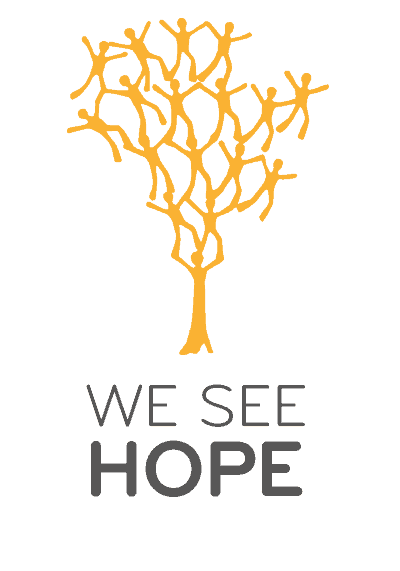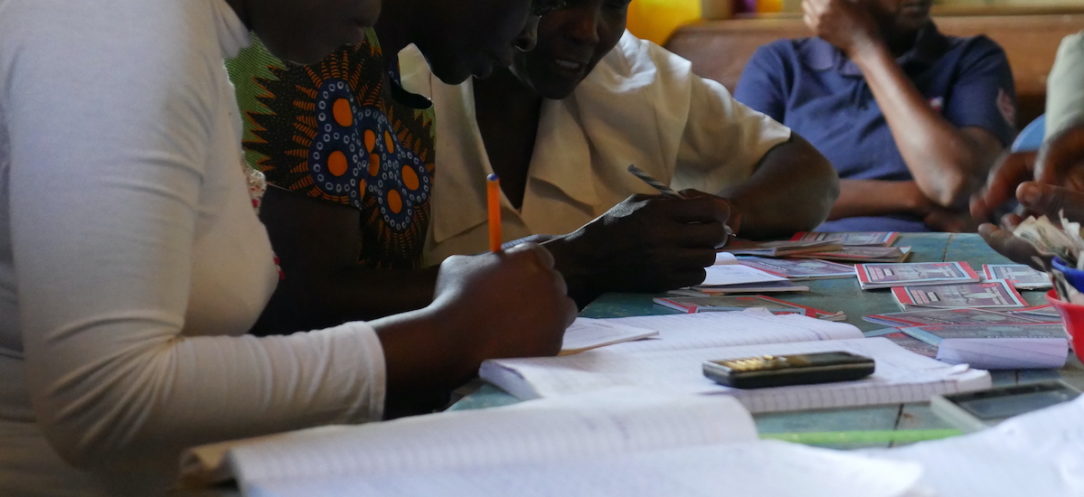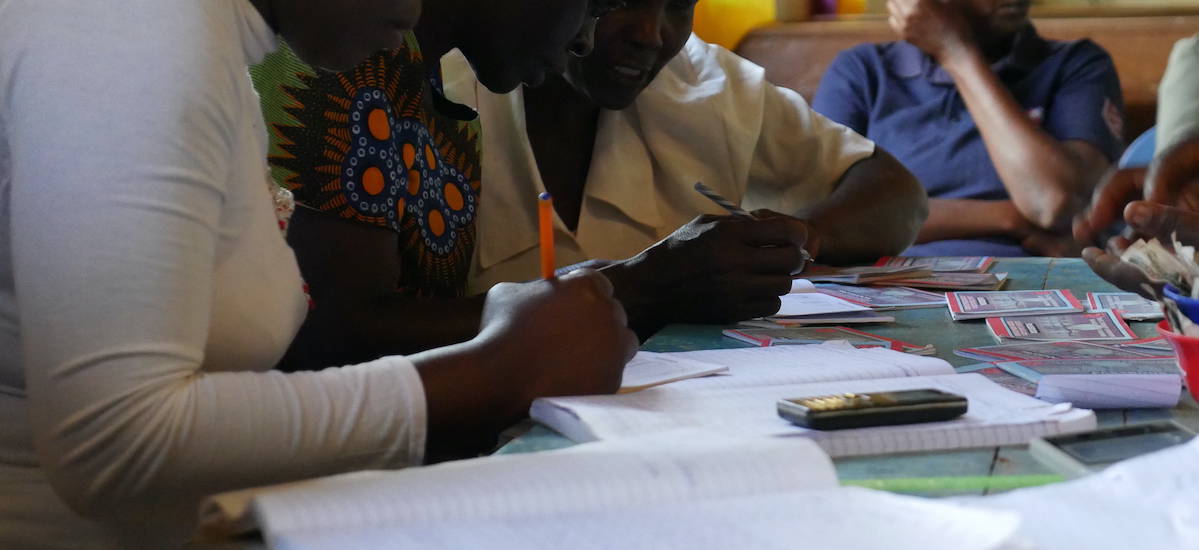With lockdowns and social distancing measures in place, mobile banking has shone as a solution to managing money and supporting businesses.
As the pandemic continues to shock economies worldwide, the use of digital finance and banking is “providing relief for millions around the world, supporting businesses and protecting jobs and livelihoods” (UNDP, 2020). An often safer and more secure system of dealing with finances, using a mobile phone to manage money also complies with social distancing and COVID-19 prevention measures by reducing contact at banks.
The United Nations is encouraging the widespread adoption of mobile banking with the Secretary General’s Task Force on Digital Finance setting out an Action Agenda in their new report, “People’s Money: Harnessing Digitalization to Finance a Sustainable Future”. The Action Agenda maps out the ways in which digital finance can empower users to take control of their money, as well as aligning the move towards digitalization with the 2030 Sustainable Development Goals (SDGs).
The report stresses that while many people have accounts at a bank, digitalization provides financial inclusion, and has enabled “millions of women, youth, rural residents, people with low incomes, and small business owners to save safely, borrow cheaply, invest securely, and insure easily” (United Nations, 2020). It also has the potential to include other groups like the elderly and reach new customers in developing parts of the world.
In Sub-Saharan Africa, over 60% of the adult population has a mobile banking account (United Nations, 2020). This large uptake has also provided access to financial services for low-income customers and micro, small and medium enterprises.
“Mobile banking platforms in Kenya are made available by several telecommunications companies, such as M-PESA by Safaricom, Airtel Money by Airtel and T-Kash by Telekom. Banks and other financial service providers are also embracing these platforms due to customer demand for convenience; they have made payments easier, faster and more inclusive for everyone. As long as you have a phone, you can carry money safely and it is accessible even in areas where there is no access to banks or ATMs – this is what makes it appealing to everyone, from the young to the old,” explains our Kenya Country Manager, Shadrack Muthama.
“In March, when COVID-19 was declared a pandemic, the government implemented a policy of no charges for transacting less than $10, which has been really important for low-income households. They are able to safely put their salaries on M-PESA and then pay for goods and services without losing any money.”
During the COVID-19 lockdown in Kenya, and as restrictions on gatherings continue to be in place, two of our partners, ANPCCAN and Undugu, introduced the use of M-PESA for our Village Investors Program (VIP). With the waiving of transaction fees under $10, VIP members can continue to save and loan money without meeting or transferring cash in person. So far, 48 VIP groups across Busia, Loitoktok and Nairobi have adopted this new model.
“For a VIP member carrying out income generating activities like a grocery kiosk or selling second hand clothes, mobile banking has been really important for them to continue carrying out their businesses during COVID-19. The platform enables them to transact and trade with customers from wherever they are, as long as they have a mobile phone, reducing contact and the risk of spreading the virus”, Shadrack adds.
The move towards digital finance is a step forward in terms of economic development worldwide, which is even more crucial at this time. Not only is it safe, but it’s also empowering, putting people at the forefront of their money matters.
Author: Nicole El-Helou, Communications Assistant
28th October 2020




